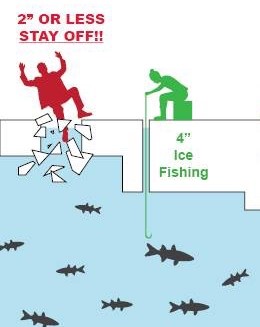


For State Police Troop C call 800.318.7633 or 860.896.3200.
For State Police Troop D (Eastford) call 800.954.8828 or 860.779.4900
ALPOA Meeting
Date: April 7, 2026
Time: 7PM
Place: Zoom
Our meeting will be held on Zoom. All homeowners are invited to attend. Email
Water samples were taken in July and August, results can be downloaded here: 7/17/24 Water Testing Results and 8/18/24 Water Testing Results.
Water samples were taken in July and August and results can be downloaded here: 7/12/24 Water Testing Results and 8/9/24 Water Testing Results.
Water samples were taken in July and August and their results can be downloaded here: 7/17/23 Water Testing Results and 8/14/23 Water Testing Results
Dear ALPOA Members:
After the Town of Ashford PZC adopted Short-term Rental Regulations, the ALPOA Board of Directors formed a subcommittee to look into regulations for ALPOA rental properties located in the Town of Eastford, which has no zoning. After extensive research and discussion, the committee’s work has resulted in the following Rental Guidelines for Ashford Lake properties in both towns. These Rental Guidelines were developed from existing 2019 guidelines, community input solicited in the...
The Atlantic Hurricane Season extends from June 1 to November 30. NOAA predicts above-normal hurricane activity this year. Check this link for detailed information.
If you would like to use the ALPOA boat racks, please see our Boat Rack Procedure for more information. You will need to fill out the Boat Rack Application.
Watch for Canadian Geese! Observe pairs closely. Use any non-lethal method available to harass geese in order to discourage them from nesting here. Please report any suspected or confirmed nesting sites to the Board of Directors directly. Email board@alpoa.org or call 860-208-4027.
Ice Safety

Winter Season
Please keep your mailbox cleared and accessible for the mail carrier after snow storms.
Getting out onto the ice for skating and fishing is hard to resist, but the freezing and thawing weather pattern that we have been experiencing in recent years makes ice safety a major concern. Click here to review the Ice Safety Information.
Ice Fishing on Ashford Lake is regulated by the Connecticut Department of Environmental Protection. Anyone planning to ice fish on Ashford Lake should be familiar with the DEEP rules and regulations that govern the activity. Click here to find out more about ice fishing regulations on Ashford Lake.
Recreational vehicles, snowmobiles and ATV’s are prohibited from use on the frozen surface of Ashford Lake. Click here to review the recreational vehicle resolution/policy.
According to CT DEEP Boating Regulations, a PFD must be worn by anyone in a manually propelled vessel (i.e., canoe or kayak) from October 1 through May 31.
Stay warm, stay safe and have a Wonderful Winter at the lake!
While our community is generally quiet, peaceful and safe, we are occasionally affected by criminal acts. Residents are reminded to remain vigilant and to report vandalism, trespassing or any activity that appears suspicious to: Connecticut State Police, Troop C at 800.318.7633 or 860.896.3200.
Pet waste can be a health risk and a source of pollution to our lake. The nutrients in pet waste, notably nitrogen, and phosphorus, make their way to ponds, lakes, and streams. This can encourage weed or algae growth in the waterways, which may eventually lead to lower oxygen levels. Insufficient oxygen can harm fish and other organisms that live in the water.


